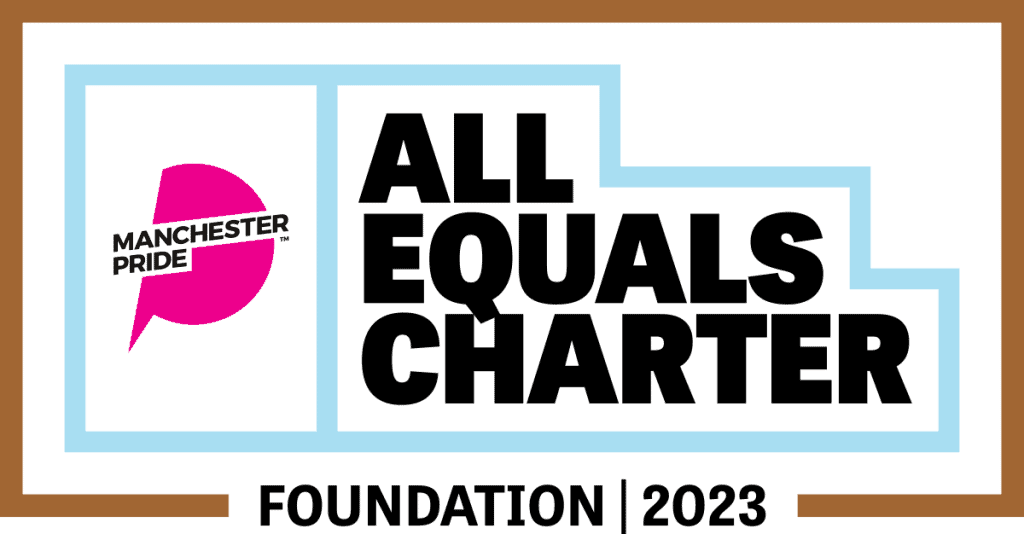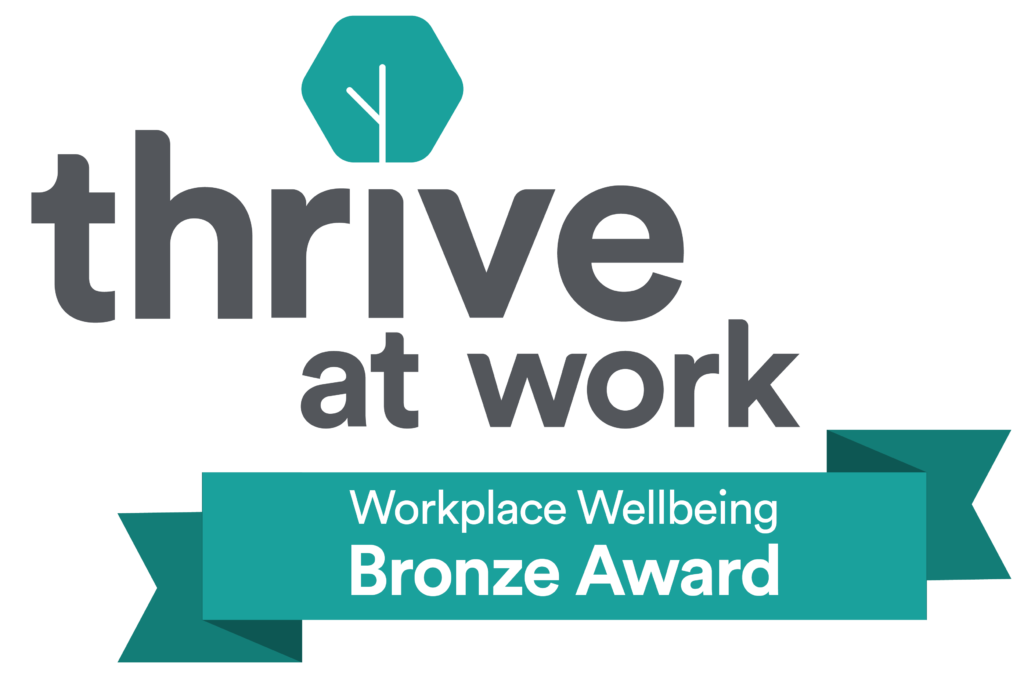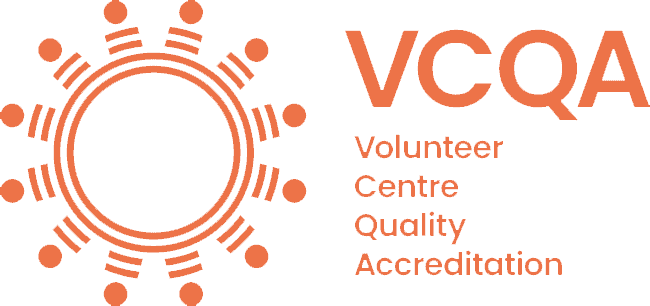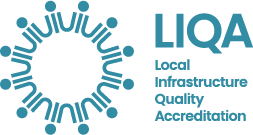Grants to support the running costs of small registered charities in England and Wales working with elderly people, children and young people and people who have disabilities or mental health challenges, or working in the areas of social welfare or education and learning.
The Yapp Charitable Trust makes grants to small charities in England and Wales to help sustain their existing work. Work must fit into the Trust’s priority areas:
- Elderly people.
- Children and young people.
- People with physical impairments, learning difficulties or mental health challenges.
- Social welfare – people trying to overcome life-limiting problems of a social, rather than medical, origin such as addiction, relationship difficulties, abuse, offending.
- Education and learning, with a particular interest in people who are educationally disadvantaged, whether adults or children.
Grants are normally for a maximum of £3,000 per year for up to three years.
Most of the grants are for more than one year because the Trust likes to fund ongoing needs.
The trust only funds running costs.
Small charities registered with the Charity Commission in England and Wales can apply.
To be eligible, charities must:
- Have been formally established for at least three years.
- Have a total annual expenditure of less than £40,000.
- Be working with one of the priority groups as outlined in the Trust’s guidelines.
Newly registered charities may apply but the organisation must have appointed a management committee and adopted a governing document at least three years ago.
Grants are awarded for core funding, which is defined as the costs associated with regular activities or services that have been ongoing for at least a year.
Funding is available for work that focuses on one of the following priority groups:
- Elderly people.
- Children and young people.
- People with physical impairments, learning difficulties or mental health challenges.
- Social welfare – people trying to overcome life-limiting problems of a social, rather than medical, origin such as addiction, relationship difficulties, abuse and a history of offending.
- Education and learning, with a particular interest in people who are educationally disadvantaged, whether adults or children.
The Trustees give priority to:
- Charities that are delivering services in areas of high deprivation.
- Work that is unattractive to the general public or unpopular with other funders.
- Services that help to improve the lives of marginalised, disadvantaged or isolated people.
- Applicants that can demonstrate an effective use of volunteers.
- Applicants that can demonstrate (where feasible) an element of self-sustainability by charging subscriptions/fees to service users.
Applications may be submitted at any time and are considered at one of the three Trustee meetings each year. Decisions on applications can take up to five months from the date of submission.
Applications should be submitted using the Trust’s online application form.





